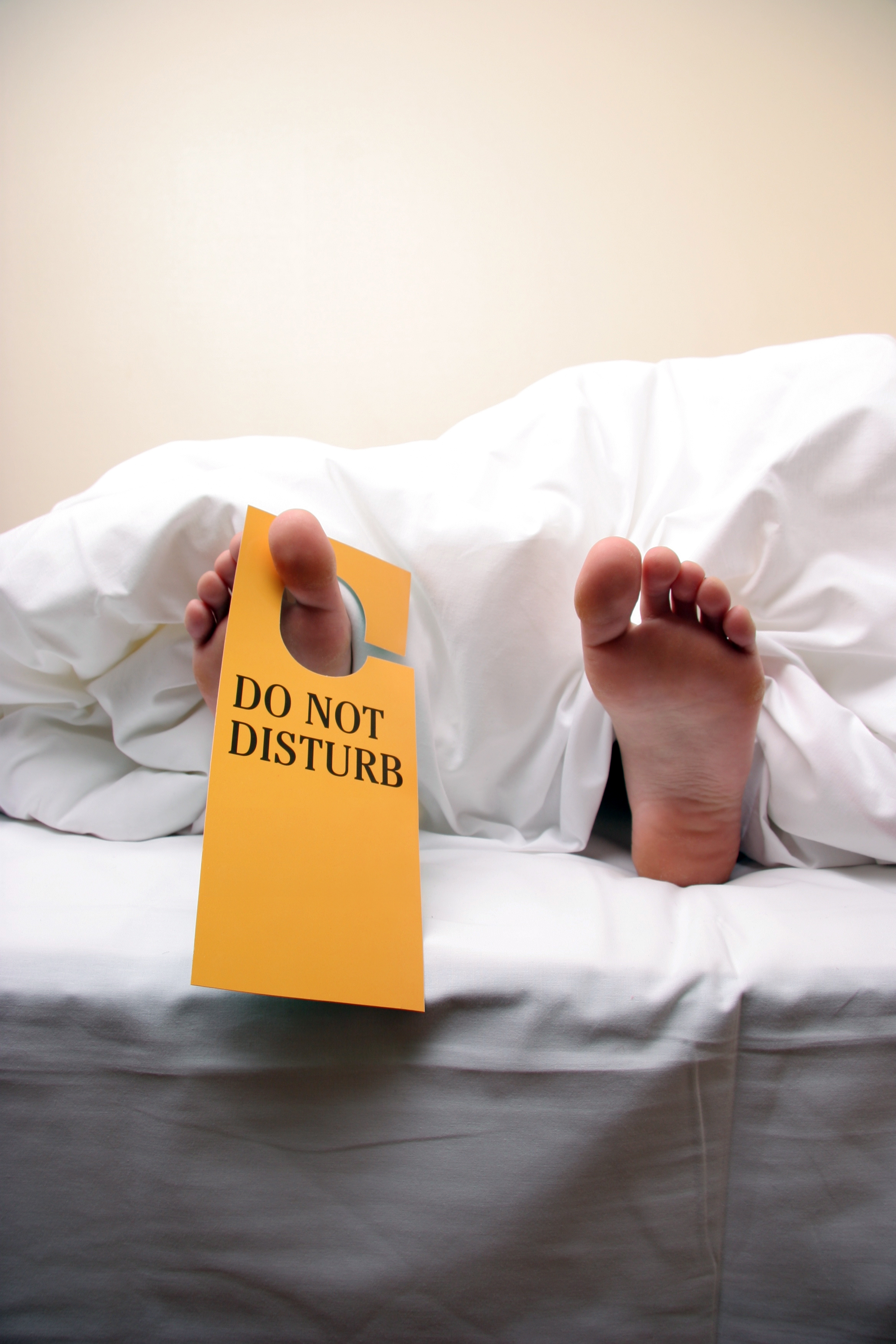Sleep is one of the three basic necessities for all living creatures. Unfortunately, in this day and age, with so many distractions, people are losing out on sleep. In a 2013 Gallup poll, it was revealed that 40% of adults get less sleep than they should, which is a minimum of 7 hours. Almost half of the population doesn’t get enough sleep!
However, adult brains are fully developed. Children and teenagers need even more sleep than adults do in order for them to grow and develop properly. Losing out on sleep can cause a host of problems.
The health risks associated with your teen not getting enough sleep, include:
- Obesity – a 2002 study found that for every hour of sleep lost, the chance for obesity went up 80%
- Heart disease
- Diabetes
- Headaches
- Delinquency
- Depression/stress
- Attention lapse/delayed reaction times -which increases risks for car accidents.
For teenagers, because they’re going through puberty and their circadian rhythm (everyone’s internal body clock) is changing, it is difficult for them to fall asleep before 11pm. This causes problems because teenagers need 8.5-9.5 hours of sleep a night. And with school starting between 7 and 8am, they’re unable to get the sleep they need.
There are some ways to make it easier for them to fall asleep at night. Even improving the quality of their sleep, or allowing them to take naps will help them a lot. Some things you can do include:
- Have them reduce their caffeine consumption. Explain that the more sleep they get, the less they’ll need it. Many teenagers are trapped in a vicious cycle with caffeine. They don’t get enough sleep, so they drink lots of sodas or energy drinks or coffee. Then the leftover caffeine stays in their system, keeping them up at night. So when they get up in the morning, they’re already tired and need caffeine again.
- Suggest the removal or turning off of electronics from their room. The light from their devices can make it harder for them to fall asleep, and stay asleep. If something beeps in the night, it can wake them up, further disrupting their sleep pattern.
- Try to establish a routine. Most teenagers will balk at the idea of a bed time, if they don’t already have one. However, if they stay up til 3am one night, but go to bed at 10pm the next, they’re going to have a very hard time establishing an efficient sleep pattern.
You know your teenager best, so approach this in a way that you know they will accept. Bottom line is that if they get more sleep, they will be healthier. If your teen does get enough sleep, but is still sluggish and tired, there may be a different problem at hand. If you aren’t sure, come see us!

